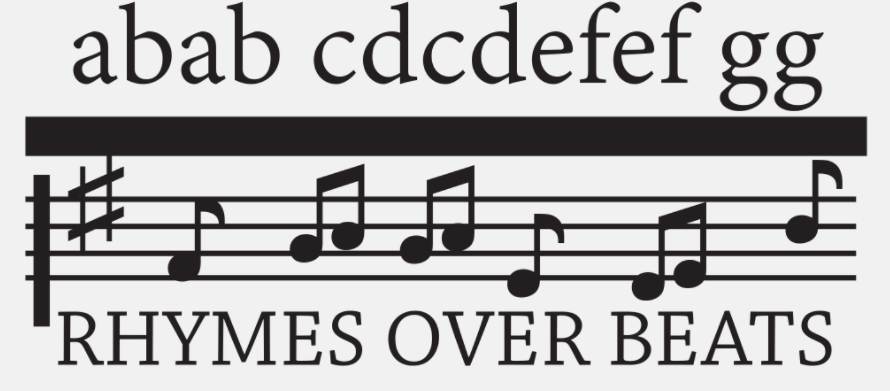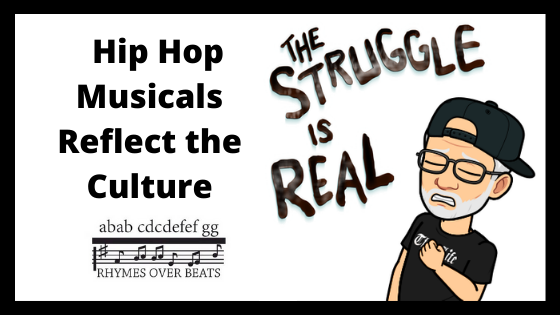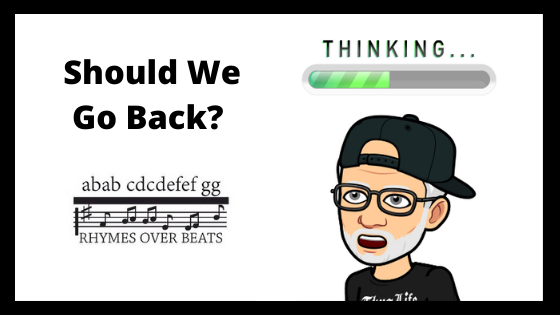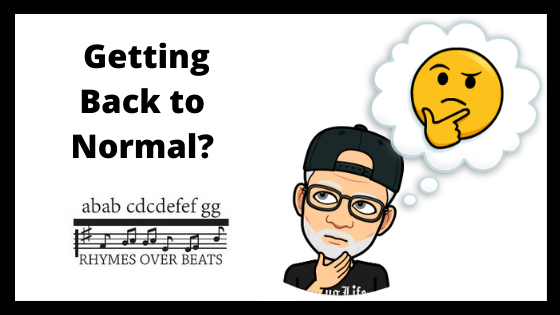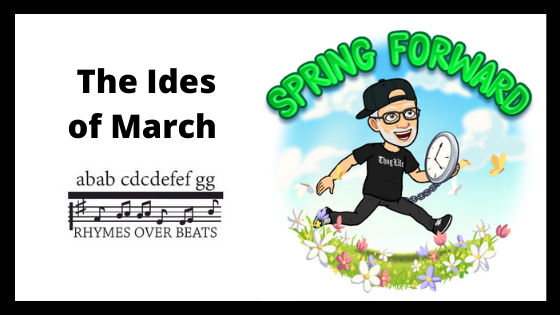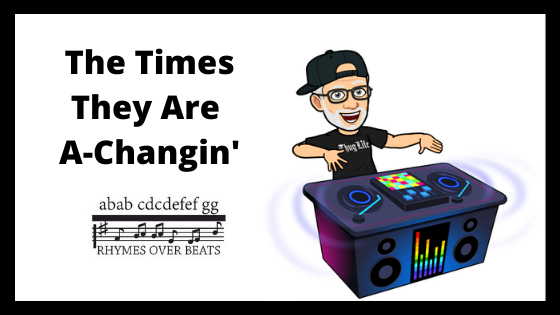
The Times, They Are A-Changin’
Timing is Everything
Last week I talked about how it is my belief that hip hop theater needs to be about something serious. This week I want to talk about how this is the right time for hip hop theater.
The birth of hip hop is usually calculated to be the ‘back to school jam’ that DJ Kool Herc gave on August 11, 1973. This August, a person born on that date will be forty-eight years old. The music they grew up on was hip hop. A person younger than that, just starting out in theater, was probably introduced to the music by an older sibling or relative. When they think about expressing themselves, they look on hip hop as the natural musical medium for their creative expression.
The time for hip hop theater is now because the people who are making theater are the people who were raised listening to hip hop.
In the 1920s, the young people of that time were raised on ragtime and jazz and composed that kind of music in their theater as well. They created a revolution of telling stories with music that changed the art form of theatre – and the same thing is happening today.
HAMILTON is proof
You need only look at the most critically celebrated and financially successful musical of the last decade to realize this.
We are at the start of the next revolution in theater. People involved in theater today must make a decision. There’s a battle outside and it’s raging. In the words of the Nobel laureate poet, “Please get out of the new one, if you can’t lend your hand.”
For the times, they are a-changin’.
